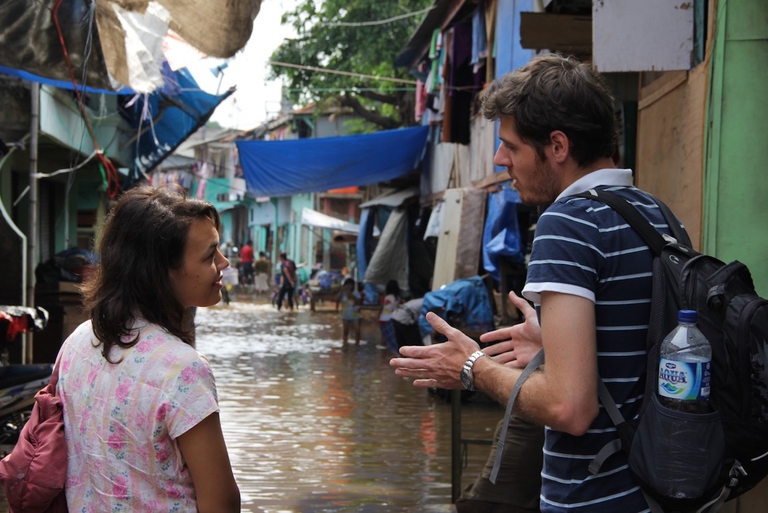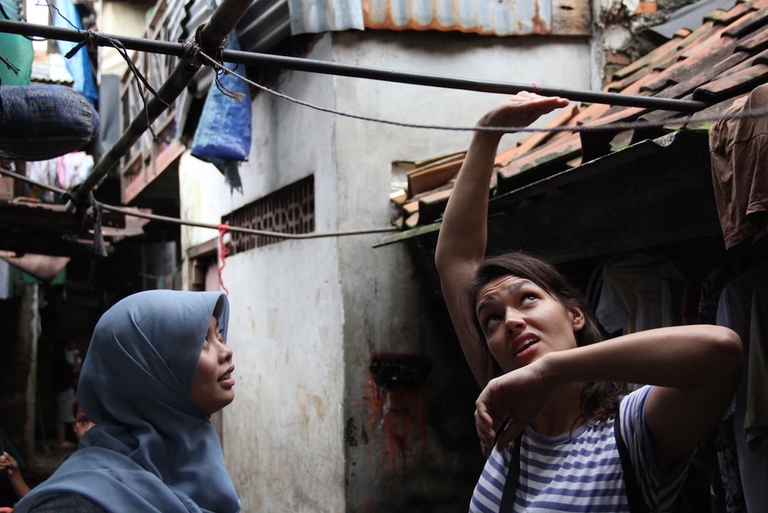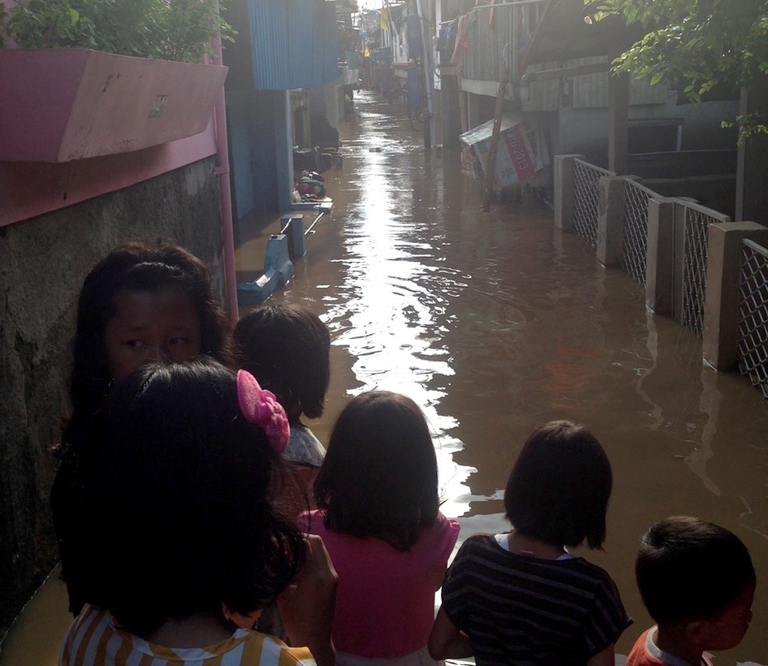
A report by Ember explains that in 2025 electricity generation from renewables (solar, wind and hydropower) surpassed that from fossil fuel sources.
Etienne Turpin is a philosopher specialised in complex urban systems, aesthetics and visual culture. He believes that the only meaningful way to approach the problem of “urban flooding in the context of climate change is honest, open science with open source software and open data that can be reviewed by a community of users”.
Etienne Turpin is a philosopher specialised in complex urban systems, aesthetics and visual culture. He believes that the only meaningful way to approach the problem of “urban flooding in the context of climate change is honest, open science with open source software and open data that can be reviewed by a community of users”.
“It is well known that the old engineering approach to flooding just doesn’t work in megacities like Jakarta, and the heroic, consultant-based solutions are basically just ways for European firms to steal more money from the people of Indonesia,” Turpin says. “If we could admit that this old approach is a dramatic failure, we could then move on to ask: what can urban residents do together to reduce the dangers of extreme weather events and increase their enjoyment of the urban environment?”
He and Doctor Tomas Holderness came up with the idea of PetaJakarta.org, which uses the open source software CogniCity to “listen” to Twitter for keywords about flooding during the monsoon season in Jakarta. When words like “banjir” (flood) are heard, an invitation is sent to the original user asking them to specify if there is a flood in their location.
Potential flood reporters give details and spread pictures by sharing tweets with the hashtag #banjir with @petajkt. These are then displayed on a free public map visible at PetaJakarta.org, giving real time flood information and reports.
Jakarta has one of the highest concentrations of Twitter users in the world. Tens of thousands of Jakartans used PetaJakarta.org during major floods in 2014 and 2015.
“In the context of a disaster, people tend to turn to what they know, so if you’re using Twitter to get information in general, in a disaster you’ll use it even more frequently,” says Turpin.
We believe municipal governments and emergency agencies need to re-imagine the role of social media as a way of integrating the concerns and reports of residents in a more comprehensive, coordinated way.
The project is the result of a collaboration between the SMART Infrastructure Facility at the University of Wollongong (where both Turpin and Holderness are research fellows) in Australia, the Jakarta Emergency Management Agency, and Twitter, amongst others.
Dealing with flooding, which threatens cities around the world, requires adaptive thinking. In Turpin’s words, “the future of cities will be open source, or it won’t be much of a future at all”. PetaJakarta.org helps the city’s emergency management agency improve response and reduce costs by aggregating real time information whilst giving residents more influence on the process of disaster management.
Siamo anche su WhatsApp. Segui il canale ufficiale LifeGate per restare aggiornata, aggiornato sulle ultime notizie e sulle nostre attività.
![]()
Quest'opera è distribuita con Licenza Creative Commons Attribuzione - Non commerciale - Non opere derivate 4.0 Internazionale.
A report by Ember explains that in 2025 electricity generation from renewables (solar, wind and hydropower) surpassed that from fossil fuel sources.
The Tyler Prize, considered the “Nobel Prize for the Environment,” has been awarded to Toby Kiers, an American biologist working in Amsterdam.
Belgium is one of the countries most exposed to climate change. Dune–dikes are a solution to curb sea-level rise.
Between October 2024 and September 2025, the average temperature in the Arctic was 1.6 degrees Celsius higher than during the 1991–2020 period.
Undeclared conflicts of interest, paid authors, lack of transparency: one of the most cited studies on glyphosate, published in 2000, has been retracted.
The Copernicus service has released data for the first eleven months of 2025: global warming is set to come close to last year’s record.
The European Council and Parliament have reached an agreement on the European Commission’s proposal to deregulate new GMOs. But farming, organic agriculture, and environmental organizations are calling for it to be stopped.
The world’s second-largest producer has taken a historic decision. However, farms will have until 2034 to shut down.
A Greenpeace report denounces Russia’s political and economic model: a nexus of extractivism, authoritarianism and war that is destroying the environment, with serious repercussions for the global ecosystem.










